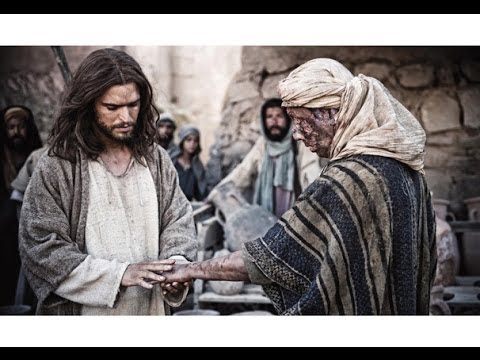Are you ever distracted while trying to pray? I am! One minute I’m deep into intercession for a friend, the next I suddenly think to purchase Christmas cards today (triggered by thoughts of friends, you see).
Why is it my thoughts can drift so easily? How is it possible to lose focus while in the presence of Almighty God? Such a frustration. Guilt-producing, too.
Perhaps strategies such as these will be helpful:
- Light a candle.
Let it symbolize the presence of Jesus, our Light of the world, with us as we pray.

- Picture a quiet place with Jesus.
For years my quiet time took place in the early morning hours before anyone else got up. For Bible study, I spread my books and papers across the kitchen table. For prayer time, I spread my arms across the table, visualizing Jesus sitting on the other side from me and holding my hands.
Our current home does not lend itself to this arrangement. My quiet time space is in our guest room/office at my computer armoire. There’s no table to spread my arms across. I need a new visualization.
Perhaps this photo?
I can imagine Jesus and me sitting lakeside, enjoying the stunning view as I present my requests to him (Philippians 4:6). We can still “hold hands,” as I rest my arm on the arm of the office (imaginary Adirondack) chair.
- Keep the to-do list handy.
When a task or errand comes to mind, like purchasing Christmas cards, write it down. Then those pesky thoughts beginning with, “Oh! Don’t forget to…” can be put aside.
- Pray about the distracting thought, if it’s related to a present concern.
For example:
“Lord, I’m sorry the meeting this afternoon keeps popping into my mind. Help me to rest in the knowledge you’ll be with me, providing the words to say as I rely on you. Thank you for your promise in James 1:5 that assures me of your wisdom, simply for the asking. I’m asking! And I trust you for the results that will most benefit everyone involved.”
- Pray out loud.
Even whispering the words may be enough to foster focus.
- Pray the scriptures.
The psalms work well for this exercise. Skim-read until a key word catches your eye. (If you’ve underlined meaningful passages, focus on those.) Chances are it will not take long to identify an applicable verse.
For example, a friend is very unhappy in her current job. How can I pray for her? Skimming quickly through the underlined verses of psalms, I come to:
(“From the Lord comes deliverance.
May your blessing be on your people.”
— Psalm 3:8)
And I pray:
Oh, Father, deliver Emily** from her situation at work by removing her from that office, changing circumstances within the office, or giving Emily a fresh perspective that releases her from the stress. Surround Emily, I pray, with blessing: delightful coworkers who will bring her joy and affirmation, encouragement from her boss, and maybe even a raise!
As my mind focuses on ways the verse might apply to Emily, I find distractions are held at bay.
Yet, in spite of our best efforts, lapses into distractions will occur. I take great encouragement from the wisdom of St. Francis de Sales. Perhaps you will, too: If all you do is return to God’s presence after distraction, then this is very good prayer. Your persistence shows how much you want to be with God.
* * * * * * * * * *
How do you counter distractions during prayer? Please share your strategies in the Comments section below!
**Name changed.
Art and photo credits: www.printmytract.com; http://www.refiningtruth.com; http://www.pinterest.com (3).














